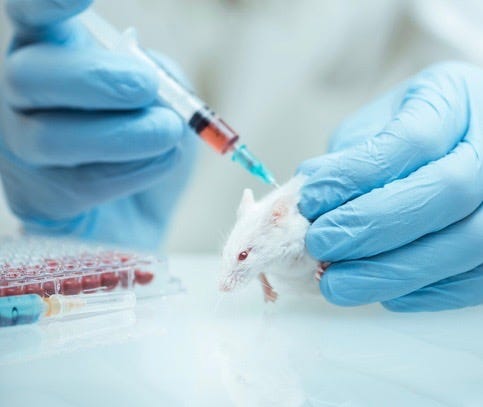New Canadian study: Autism-Aluminum adjuvant link corroborated
In the December 2017 issue of the Journal of Inorganic Biochemistry and
released online today, Dr. Christopher Shaw and colleagues at the
University of British Columbia have established convincing biological
evidence linking aluminum adjuvant used in vaccines to autism.
“This is the paper I have been waiting for. This paper reports
measurements of cytokines in the brains of animals injected with
aluminum adjuvant as neonates. The same cytokines are elevated as in
human autism. IL-6 and CCL2/MCP-1 are elevated for example. Male animals
are more strongly affected. It’s a perfect match to human autism.”
VANCOUVER, British Columbia — Just two weeks ago, I wrote about a study
from France that raised major concerns about aluminum adjuvant used in
vaccines. The French study authors wrote: “Concerns about its [aluminum
adjuvant’s] safety emerged following recognition of its unexpectedly
long-lasting biopersistence within immune cells in some individuals, and
reports of chronic fatigue syndrome, cognitive dysfunction, myalgia,
dysautonomia and autoimmune/inflammatory features temporally linked to
multiple Al [aluminum]-containing vaccine administrations.”
In a
nutshell, the French study found that when smaller doses of aluminum
adjuvant were consistently injected over a short period of time — like
during childhood vaccinations —the aluminum was more likely to end up in
the brain, and the French scientists issued a stern warning about the
use of aluminum adjuvant in vaccines:
In the context of massive
development of vaccine-based strategies worldwide, the present study may
suggest that aluminium adjuvant toxicokinetics and safety require
reevaluation.
Canadian researchers establish direct link
In the December 2017 issue of the Journal of Inorganic Biochemistry and
released online today, Dr. Christopher Shaw and colleagues have
established convincing biological evidence linking aluminum adjuvant to
autism. The study’s title alone should cause concern for parents
everywhere:
Subcutaneous injections of aluminum at vaccine adjuvant
levels activate innate immune genes in mouse brain that are homologous
with biomarkers of autism
As the study authors state:
“It
thus appears that Al [aluminum adjuvant] triggered innate immune system
activation and altered cholinergic activity in male mice, observations
which are consistent with those in autism. Female mice were less
susceptible to Al exposure as only the expression levels of NF-κB
inhibitor and TNFA were altered. Regional patterns of gene expression
alterations also exhibited gender differences, as frontal cortex was the
most affected area in males and cerebellum in females. Thus, Al
adjuvant promotes brain inflammation and males appear to be more
susceptible to Al′s toxic effects.”
It’s critical to note that
the researchers found gender differences in how the mice responded, with
male mice showing higher susceptibility, which is consistent with what
we are seeing in autism: roughly 80% of the cases are boys.
The
Canadian researchers included a diagram in their study that showed how
aluminum adjuvant can contribute to an inflammatory cascade in the brain
that leads to autism.
What does this mean in plain English?
Six months ago, I wrote an article about how close it appeared
international scientists were to establishing a clear biological basis
for how aluminum adjuvant can create autism. My article has been read
more than 250,000 times, and I have heard from scientists from all over
the world (most unwilling to let me quote them in public, which is its
own great tragedy), including a scientist who has created a great
website called Vaccine Papers. I asked “VP” about the importance of this
study, and words were not minced:
This is the paper I have been waiting for.
This paper reports measurements of cytokines in the brains of animals
injected with aluminum adjuvant as neonates. The same cytokines are
elevated as in human autism. IL-6 and CCL2/MCP-1 are elevated for
example. Male animals are more strongly affected. It’s a perfect match
to human autism.
The paper includes a number of strong statements about vaccine causality.
This paper is hugely important because it shows IL-6 elevation in the
brain, which of course provides a firm link to the immune activation
literature. It is strong evidence supporting the al adjuvant IL-6 autism
hypothesis.
Vaccines are given to babies during key phases of brain development
-BY J.B. HANDLEY September 18, 2017

